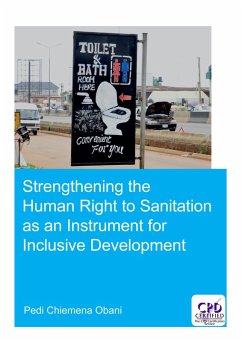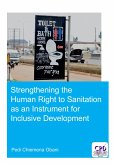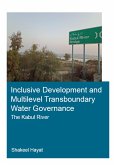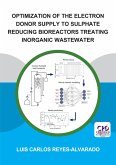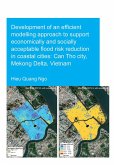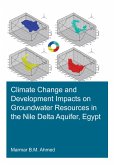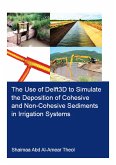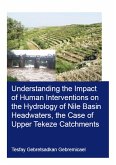This research expounds on the impact of the HRS on human wellbeing and the environment within the context of a developing country like Nigeria as a case study. The findings show that contrary to the focus in the literature, the drivers of poor sanitation services are not confined to the formal recognition of the HRS within domestic legal systems. Rather, the drivers include social, economic and environmental limitations to improved sanitation services. Based on the findings, the book argues that it is necessary to reformulate the HRS discourse using complementary governance instruments that advance social, relational and ecological inclusion.
Dieser Download kann aus rechtlichen Gründen nur mit Rechnungsadresse in A, B, BG, CY, CZ, D, DK, EW, E, FIN, F, GR, HR, H, IRL, I, LT, L, LR, M, NL, PL, P, R, S, SLO, SK ausgeliefert werden.

